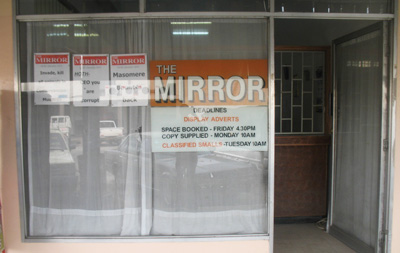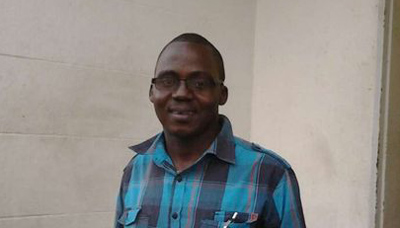
Zimbabwe police raid station studios, detain journalist
Nairobi, March 1, 2013–Authorities in Zimbabwe have stepped up their crackdown on independent news coverage in the country by raiding the production studios of a radio station and confiscating radios distributed by nongovernmental organizations, the Committee to Protect Journalists said today.
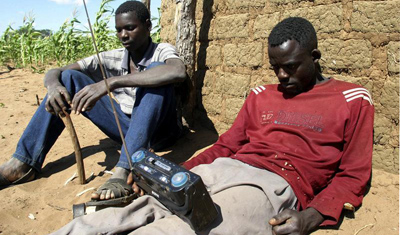
Zimbabwean police seize radios in run-up to elections
Nairobi, February 28, 2013–Zimbabwean authorities’ seizure of hand-cranked and solar-powered radios distributed by nongovernmental organizations prevents local citizens from accessing diverse sources of information in the run-up to the country’s general elections in July, the Committee to Protect Journalists said today.
Zimbabwe detains, deports award-winning photojournalist
On April 16, 2012, the Zimbabwe Republic Police in the southern border town of Beitbridge arrested Robin Hammond, a freelance photojournalist with dual U.K. and New Zealand citizenship, as he reported on migration between Zimbabwe and neighboring South Africa, government-controlled state daily The Herald reported.
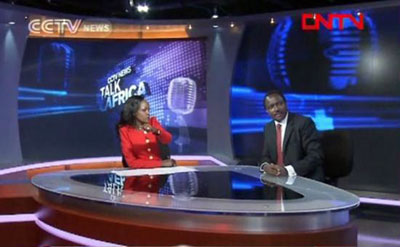
China’s media footprint in Kenya
Will China’s quickly expanding media presence in Africa result in a fresh, alternative, and balanced perspective on the continent–much as Al-Jazeera altered the broadcast landscape with the launch of its English service in 2006–or will it be essentially an exercise in propaganda?
Attacks on the Press in 2011: Zimbabwe
Although official anti-press harassment continued a gradual decline from its peak after the disputed 2008 elections, a highly restrictive legal framework kept domestic, independent news sources to a mere handful. The fractious coalition between Robert Mugabe’s ZANU-PF and Morgan Tsvangirai’s MDC failed to implement the media reforms they had pledged to undertake in their 2008…
Legal protection falls short for Zimbabwe’s Insider
The Insider is a political newsletter about Zimbabwe, edited by veteran journalist Charles Rukuni. Founded in 1990, it was printed as a 12-page leaflet until 2003, when Zimbabwe’s hyper-inflation made it impossible to publish with annual subscriptions. Rukuni made the move to the Web, where he continued to archive and publish stories at insiderzim.com. Rukuni’s…
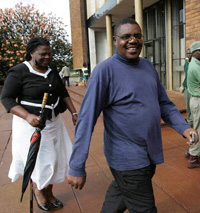
Zimbabwe journalists face criminal defamation charges
New York, July 1, 2011–Detectives today charged private weekly Standard Editor Nevanji Madanhire, reporter Patience Nyangove, and Human Resource Manager Loud Ramakgapola with criminal defamation. The three were arrested at the newspaper’s offices in Harare Wednesday morning and later released, local journalists told CPJ.Authorities arrested the three over a story Nyangove wrote on Sunday about the weekend…
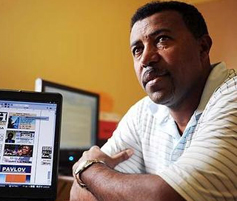
CPJ’s exiled journalists survey: Behind the numbers
In 2007, my colleague Karen Phillips suggested we do something to mark World Refugee Day. Initially planning to publish a brief statement, I set about reviewing our data for background, checking in with older journalist cases about their current situation and looking broadly for trends to highlight. As the number of cases began counting into…
